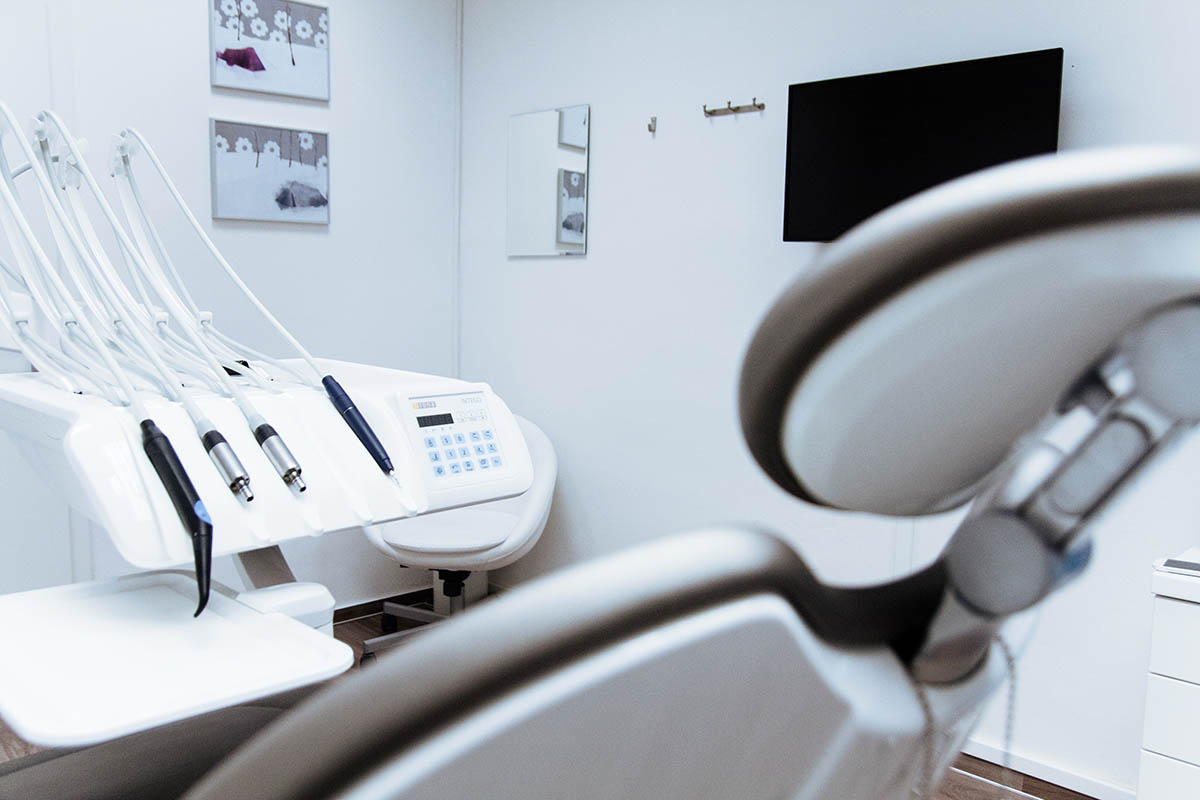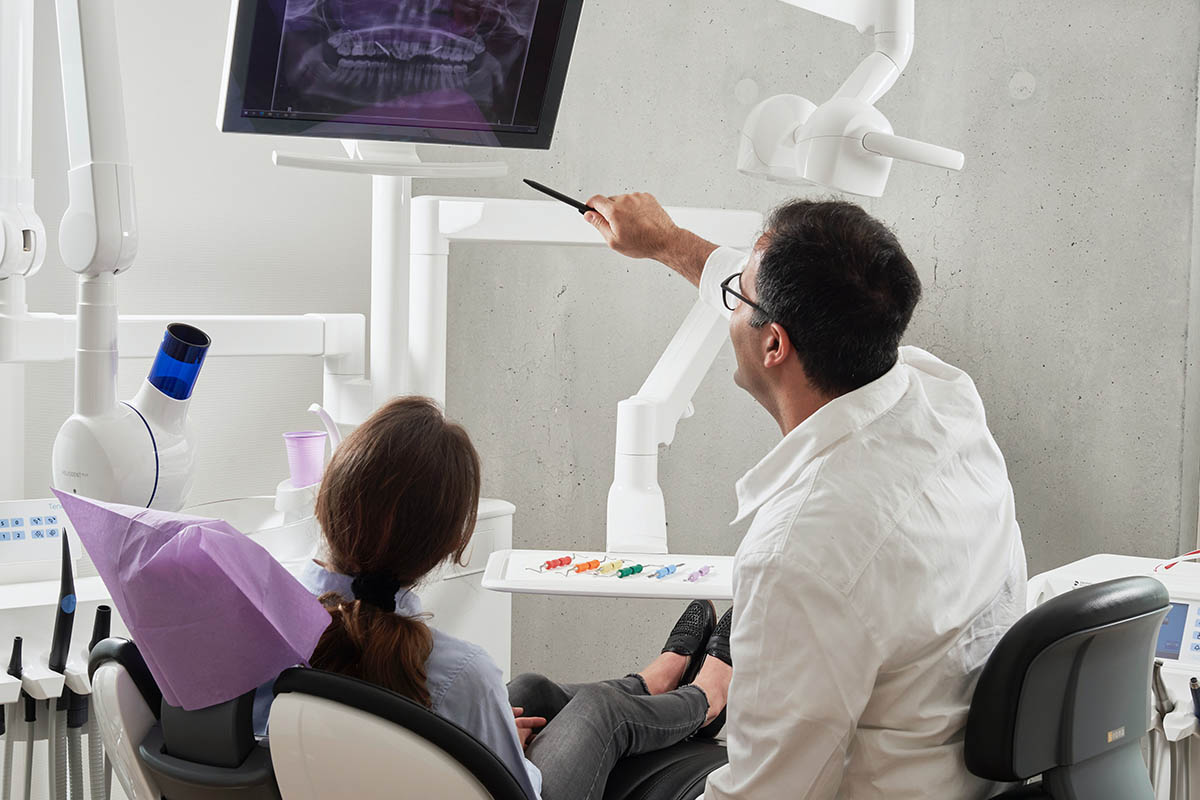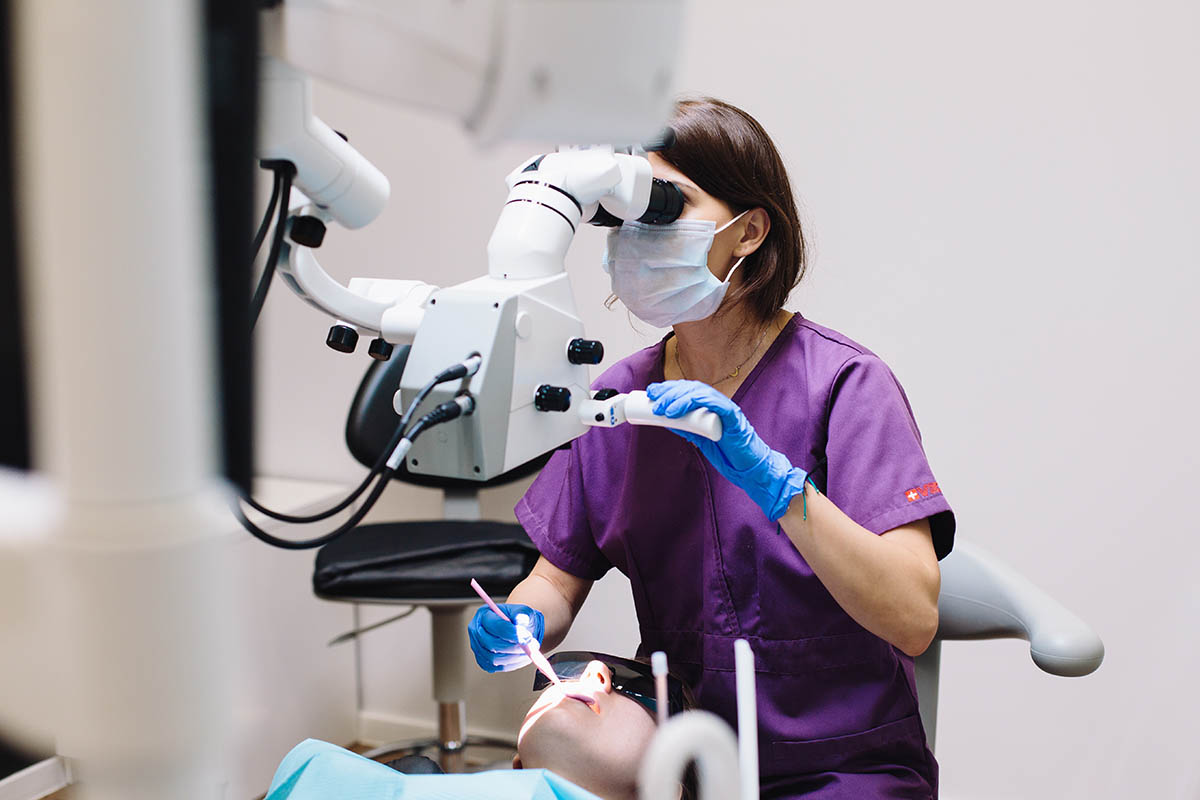How to Become A Dentist: Everything You Need to Know
Getting Into Dentistry
The field of dentistry offers many options and is rewarding. You’ll have the opportunity to enhance people’s smiles, health, and self-esteem, and you’ll be able to own your own business and practice. Don’t worry if a career in dentistry is a good fit for you, but you need help figuring out where to begin. This article contains all the information you require to become a dentist.
What Exactly Does a Dentist Do?
A dental hygienist or assistant will gather a patient’s medical history, take X-rays, and clean their teeth during a routine dental office visit. Then, dentists themselves are in charge of doing a thorough examination to evaluate particular concerns.
When a patient visits the dentist with a specific oral health condition, the dentist will inspect the inside of the mouth, evaluate imaging, choose a course of treatment, and carry out any necessary operations. Depending on the demands of their patients, general dentists’ daily tasks will change. Typically, general dentists offer the following dental services to their patients:
- To assess oral health and identify issues, examine the teeth, jaw, and gums using X-ray imaging and a hands-on examination;
- To eliminate decay from teeth, fill cavities and conduct root canals;
- Patients are measured and fitted for dentures, crowns, and other necessary oral appliances;
- Replace missing or damaged teeth with prosthetics after extracting any damage that cannot heal;
- Apply sealants or teeth-whitening products;
- Teach patients about proper dental hygiene, such as how to brush, floss, eat, and use dentures or other dental equipment.
The Process for Becoming a Dentist
To adequately care for a patient’s oral health, becoming a dentist requires a lot of knowledge and training. The steps to becoming a dentist are as follows:
Get Your Bachelor’s Degree
It doesn’t matter what field you have a degree in. Still, you should be aware that you will probably need to have taken classes in biology, physics, chemistry, and other related fields before applying to dental school. To avoid taking additional classes in the end, most prospective dental professionals decide to finish their bachelor’s degree in chemistry or biology.
Searching for pre-dental programs at colleges and universities may be helpful. These programs ensure you have the qualifications for admission to dental school and will aid in your preparation for the Dental Admissions Test, which you must ace to be accepted.
Take the Dental Admissions Test (DAT)
Finding out the exam requirements and prerequisites for an undergraduate degree is the first step in considering a dental degree. The Dental Admissions Test is required for any college student considering a career in dentistry (DAT). The DAT should typically be taken by applicants at least a year before enrolling in dentistry school, typically during their junior year of college, according to the American Dental Association (ADA).
Dental schools consider your exam results and other things like your undergraduate GPA and letters of recommendation from supervisors, coworkers, or teachers. Before taking the test, investigate the programs you’re interested in attending and their eligibility requirements because each dental school has unique DAT score requirements.
Acquire a Dental License
After passing a written exam, you can obtain your dental license after receiving your D.M.D. or D.D.S. Before discontinuation, the Part I and Part II NBDE tests were required for U.S. dental licensure.
Dental graduates must now take the Integrated National Board Dental Examination in place of the NBDE (INBDE). Candidates must also pass a clinical examination requirement, which is mandated by the majority of U.S. licensure states. Regional testing agencies often conduct clinical examinations.
Candidates take part in one or two dental-related problem-solving assignments during clinical tests. Check out the ADA’s material on the Dental Licensure Objective Structured Clinical Examination for more details about clinical exams (DLOSCE).
Determine Your Specialty Preference, Then Take the Appropriate Steps
You may opt to pursue a specialty in dentistry after graduating from dental school. You will need to train as a specialist if this is your goal. Admission to a residency or postgraduate program is required to become a specialist. Following that, depending on your specialty, you’ll continue your education through postgraduate study for another two to six years.
Only the absolute best applicants will be accepted into the dental specialty programs due to the intense competition. At dental school, you’ll need to be at the top of your class and active in extracurricular activities like research.
Nine distinct dental specialties are recognized: Dental Public Health, Endodontics, Oral and Maxillofacial Pathology, Radiology or Surgery, Orthodontics and Dentofacial Orthopedics, Pediatric Dentistry, Periodontics, and Prosthodontics.
Apply for Positions
You can start your dental profession once you’ve finished your education, obtained your license, and, if you so want, pursued a specialized area. Dentists can open their practices or look for openings in hospitals, clinics, and dental offices. Consider checking your professional network to see if your contacts know of any prospects you might pursue when looking for a career.
How Long Is the Dental School Program?
Six to eight years of study are needed to become a dentist. Whether or not you decide to specialize in your dental education will significantly impact this. Students must complete four years of undergraduate study. After that, students attend dentistry school for four years.
Although they are qualified to practice dentistry after finishing dental school, many pupils opt to complete a two- to three-year residency to specialize. Students can learn expertise in a particular area of dentistry, such as pediatrics or periodontal surgery, through residencies.
Numerous variables can affect how long an education lasts. To save money and obtain work experience, some students take a break between college and dental school. Other students might be trying to graduate early because they have taken AP courses or have a heavier course load.
Final Words
You can advance in your profession by attending medical conferences, which are an essential sector component. You can continue working in this critical profession and ensure your career aspirations come true by taking advantage of the benefits offered. On websites like www.coatconnect.com, you can locate a variety of appropriate medical conferences.
Attending a medical conference might help you locate your dream job. They can assist you in staying current with technological and commercial developments. If you want to apply for employment with a more personalized touch, look for conference packages that include letters of recommendation and articles specific to your work line.




















